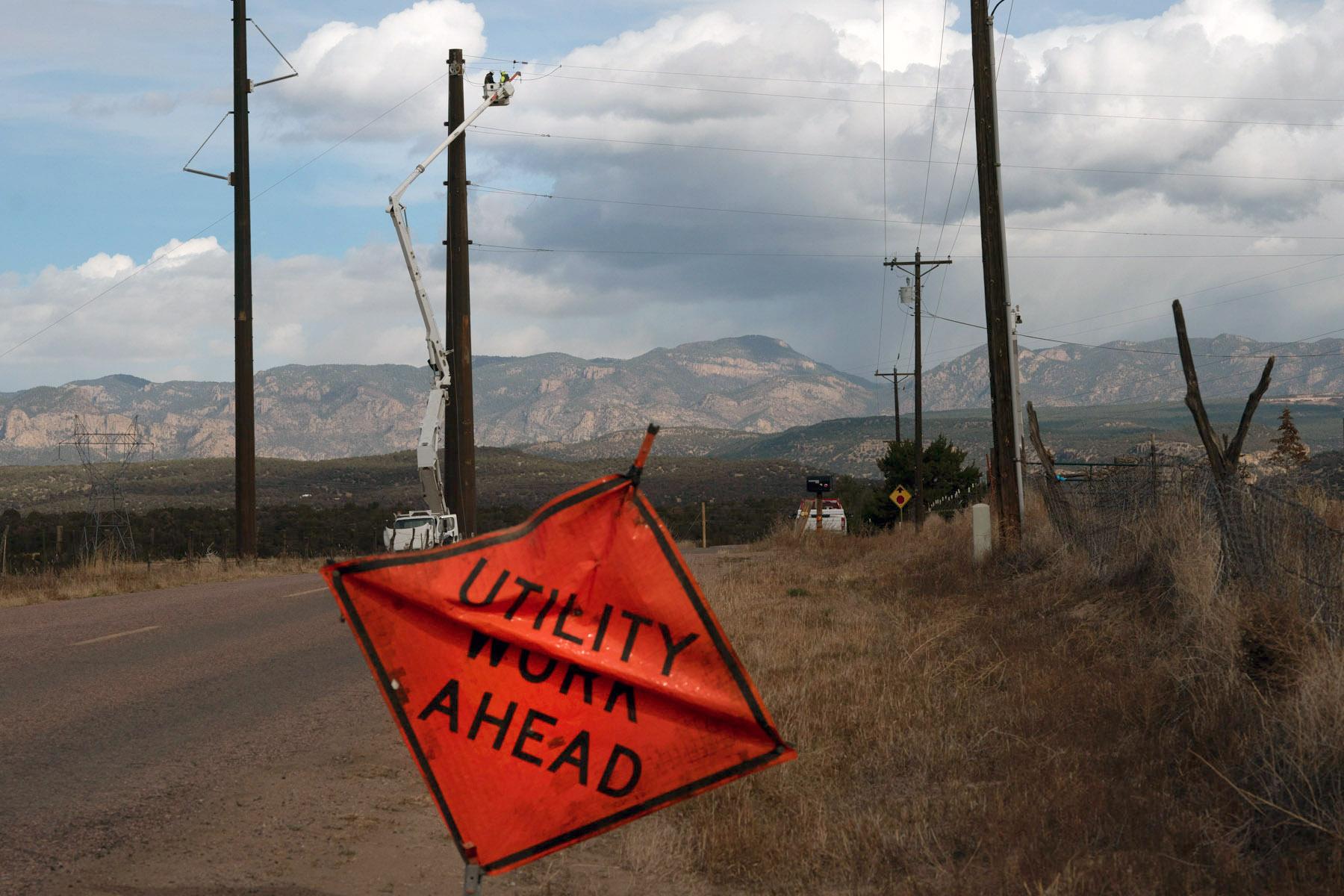
Cañon City thought its relationship with Black Hills Energy was over.
For years, residents in this community less than an hour west of Pueblo complained about high electricity prices charged by their service provider, Black Hills. Regulators found the company’s rates were “materially greater” than other electric companies, its customers paying 34 percent more than state average.
In 2020, nearly two-thirds of Cañon City voters rejected a new franchise agreement with Black Hills. Many residents hoped the vote would mean the end of costly electric bills, said Emily Tracy, who organized a citizens’ group advocating for lower energy bills.
Two years later, Cañon City finds itself stuck, unable to leave Black Hills and attract a cheaper power company.
“We’re just not there yet,” said Tracy, who was elected to the Cañon City Council last year. “Don’t know if we’re going to get there. And it’s going to be a disappointment for the community, to put it mildly, if we can’t make an improvement in this cost.”
Tracy and other Cañon City residents say their struggles highlight how the regulatory system favors large, investor-owned utilities and leaves citizens with little choice over the cost and source of their electricity.
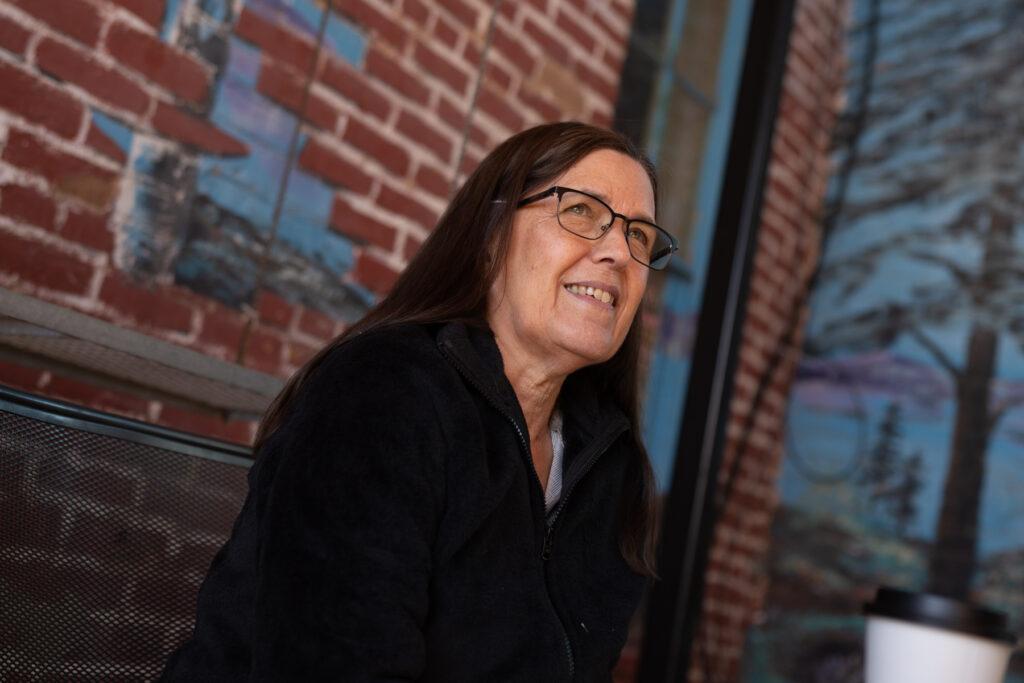
An ongoing study by state regulators could offer a path forward.
The Colorado Public Utilities Commission is considering whether to recommend allowing cities and counties to band together to purchase electricity from wholesale suppliers. By circumventing their utilities, supporters of the policy known as Community Choice Aggregation say communities could compete for cheaper electricity and attempt to lower bills from the source.
“The concept is definitely worth looking at because it would be one way to give a community, a city or town some ability to make decisions about where the power comes from,” Tracy said.
Black Hills and Xcel Energy have criticized Community Choice Aggregation in legal filings, arguing the policy would complicate and potentially unstabilize the power grid. Some environmental groups and state energy officials were concerned it could derail existing pledges by the utilities to lower their greenhouse gas emissions.
John Vigil, the community affairs manager for Black Hills Energy, said the utility would continue to serve Cañon City and other communities in its service territory “unless we cannot or will not serve them well.”
“We are a certificated power provider for Cañon City,” Vigil said. “We're serving them regardless of whether or not they have a franchise [agreement] in place.”
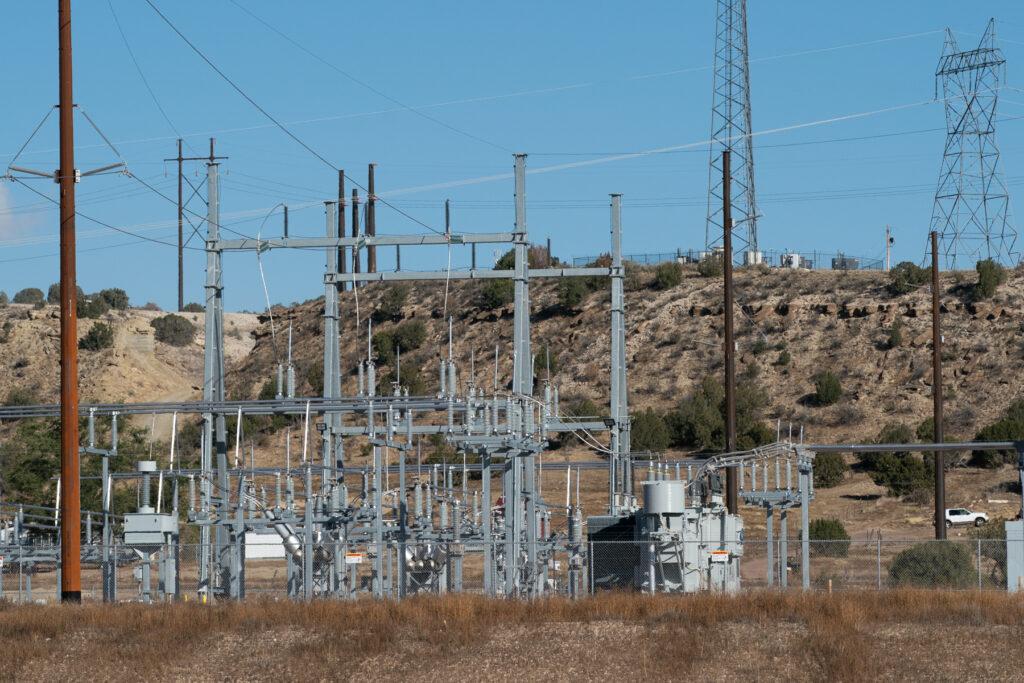
Money to stay ...
Investor-owned utilities control more than half of all the electricity in Colorado, according to a 2021 report by the Public Utilities Commission. Much of the Front Range is served by Xcel Energy; Black Hills Energy serves 100,000 customers in Cañon City, Pueblo and other parts of south-central Colorado.
The report found Black Hills was charging its customers “materially greater” electric rates than the state average. Its households make considerably less than those served by Xcel and 37 percent less than the median household income in the state, according to a report filed by Black Hills earlier this year.
The largest rate spikes came after Black Hills purchased the area’s energy system in 2008. Black Hills asked the Public Utilities Commission to raise rates in order to shift away from its coal-fired power plants and build gas-fired generators in Pueblo. Regulators also approved other bill increases to meet emission reduction goals and adjust charges for gas service.
Volatile natural gas prices have also led Black Hills and Xcel Energy to pursue rate increases, including after a nationwide cold snap that skyrocketed demand for heating and electricity last year.
The Public Utilities Commission’s job is to balance the companies’ incentive to maximize profit, the need for a reliable grid and the costs charged to customers, according to its filings. Tracy, the Cañon City council member, said the formula often leans in favor of the utilities who pay to make their case in front of regulators.
“It’s such a difficult environment to work in because of state law,” she said. “Communities just don’t have much power.”
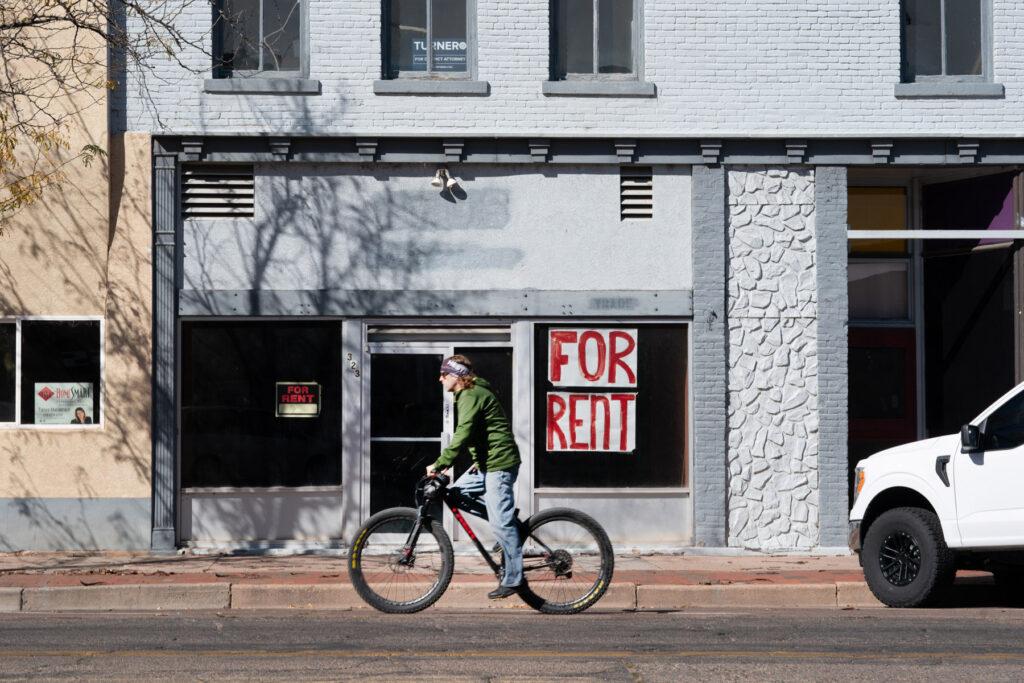
... and money to leave
Cañon City rejected its contract with Black Hills the same year that Pueblo and Boulder voted to stay with their electric utilities. It formed a committee that meets regularly to learn about other options for electric service.
Leaving Black Hills would require a significant amount of money and resources, Tracy said. The city would need lawyers to represent it at court or before regulators. If it wants to have a city-owned system, it would take millions of dollars to buy the company’s electric generation and distribution.
The city hasn’t received — nor has it solicited — any alternative proposals, Tracy said. She questions whether there is enough political will within the city to drive a change in regulation or legislation.
Other members of the city’s energy committee say they should arrange a better agreement with Black Hills rather than try to move to another utility.
“I’m not even going to try to tackle the cost of it, because I don’t think we can,” committee member Doug Koehn said during a recent meeting. “I think we have to work with who we have.”
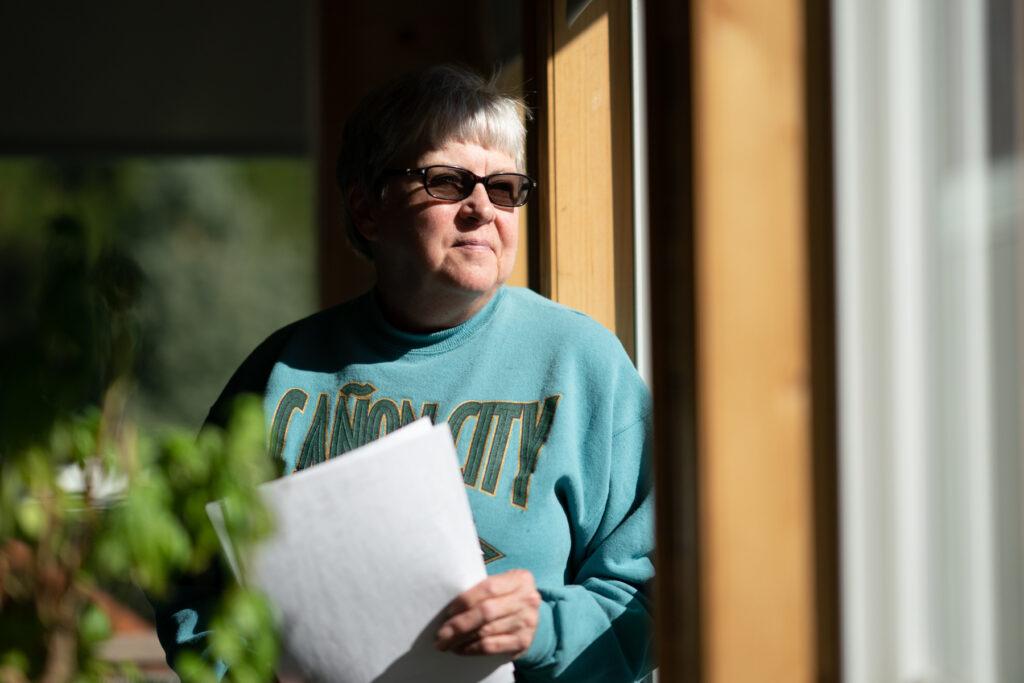
Residents continue to support community choice — and Black Hills continues to wait to talk
Community Choice Aggregation would allow cities, counties and towns to collectively buy electricity on the wholesale market. The electricity would then be distributed by the existing utility’s transmission lines.
Since the late 1990s, 10 states have legalized this strategy as an option for cities to buy cheaper, cleaner electricity. Prices for solar and wind energy have dropped considerably since then, and utilities including Xcel and Black Hills have pledged to drive down their greenhouse gas emissions by the end of the decade.
Cañon City leaders and other state residents supported the idea at a recent public hearing. Carol Dunn, a longtime Cañon City resident who serves in the energy committee, said in an interview that Community Choice Aggregation, “could nudge our legislators from this part of the state.”
“Other than that, we’re kind of out here screaming in the wilderness,” Dunn said.
Vigil with Black Hills said the company is listening to the committee’s discussions and wants to renegotiate a franchise agreement.
“We believe that we are the lowest cost and the best option for them to continue to receive efficient and clean and reliable service,” Vigil said. “We’re ready to talk to them whenever they’re ready.”
The Public Utilities Commission will release its study of Community Choice Aggregation next month. If state lawmakers propose a policy change, experts say it would take years to enact.








